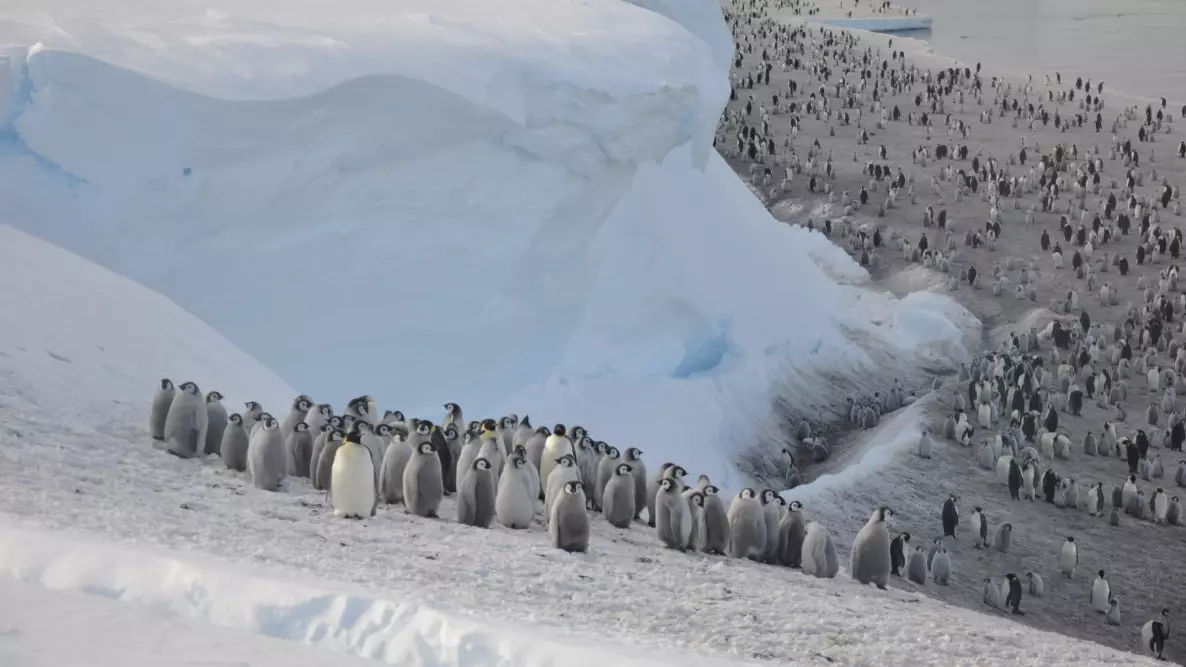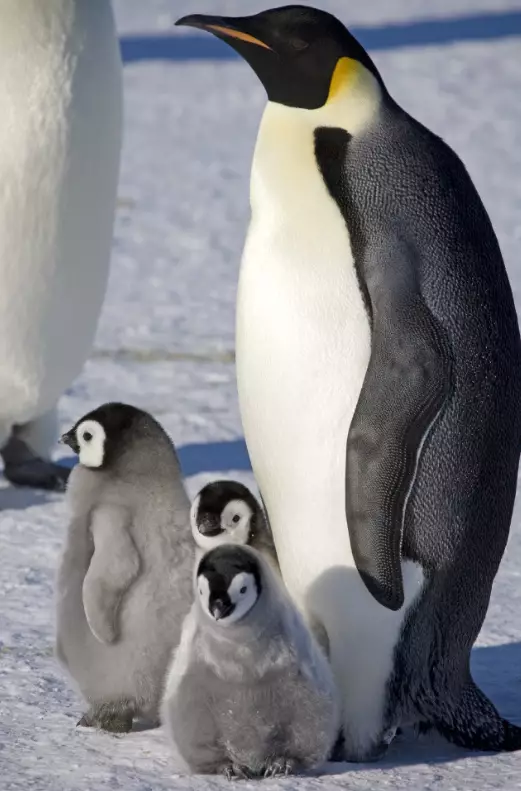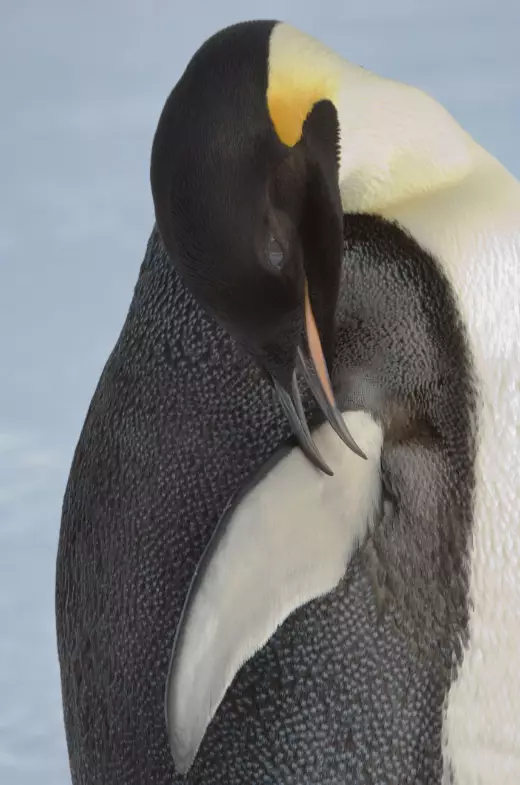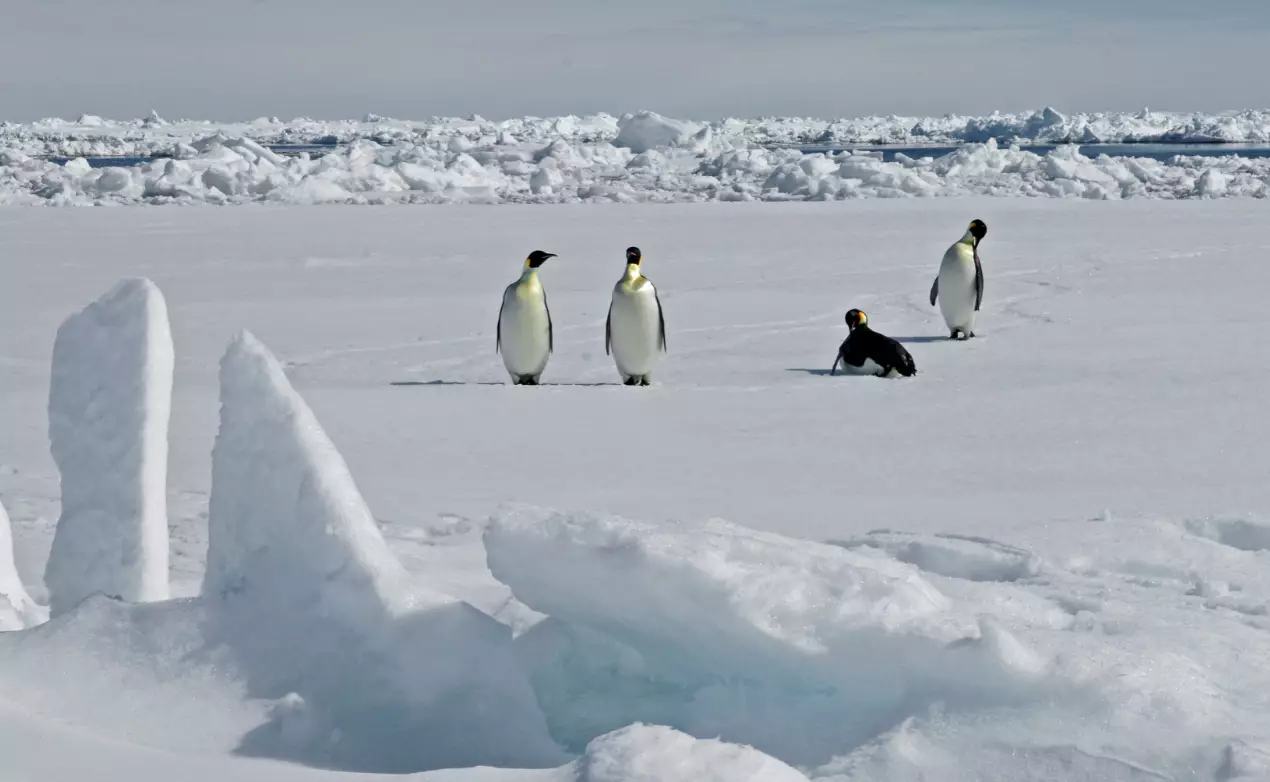
Satellite images have revealed there are nearly 20 percent more emperor penguin colonies in Antarctica than previously thought, taking the overall population on the continent to more than half a million.
Scientists from the British Antarctic Survey (BAS) used satellite mapping technology to explore penguins in the area, in turn discovering 11 new colonies - three of which had been previously identified but never confirmed.
The study's findings take the global census of emperor penguins to 61 colonies around the Antarctic, which is now thought to be home to between 265,500 and 278,500 breeding pairs.

Researchers, who used images from the European Commission's Copernicus Sentinel-2 satellite mission to locate the penguins, said the extraordinary discovery will help in monitoring the impact of environmental change on the population of the birds.
Advert
Lead study author Dr Peter Fretwell, a geographer at BAS said: "This is an exciting discovery.
"The new satellite images of Antarctica's coastline have enabled us to find these new colonies.

"And whilst this is good news, the colonies are small and so only take the overall population count up by five to 10 percent to just over half a million penguins, or around 265,500 to 278,500 breeding pairs."
Advert
Emperor penguins are vulnerable to the loss of sea ice, which is known to be their preferred breeding habitat.
And with the worrying current projections of climate change, scientists fear their habitat is likely to decline. The majority of the newly-found colonies are situated at the edges of the penguins' breeding range; locations that are likely to be lost as their climate continues to heat up due to global warming.

Dr Phil Trathan, head of conservation biology at BAS - who has been studying penguins for the last three decades - said: "Whilst it's good news that we've found these new colonies, the breeding sites are all in locations where recent model projections suggest emperors will decline.
Advert
"Birds in these sites are therefore probably the 'canaries in the coal mine'. We need to watch these sites carefully as climate change will affect this region."
A number of colonies were found far offshore - up to 180km out, in fact - located on sea ice that has formed around icebergs that had grounded in shallow water.
These new colonies are a surprising discovery in the behaviour of the species, scientists said.
Featured Image Credit: SWNSTopics: Global Warming, penguins, Animals